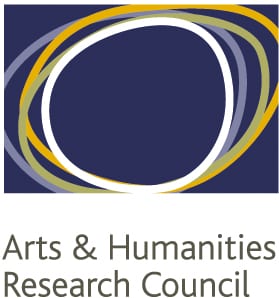In the Supreme Court this week (The Queen on the Application of T v Secretary of the Home Department and others, there was consideration of the thorny issue of disclosure of a person’s past in terms of ‘spent’ criminal convictions; including cautions warnings and reprimands, and in this appeal to minors (persons under 18).
The case is of interest because in the case of one of the Appellants, T, born on 3 May 1991, when aged 11, received two warnings from the police in connection with two stolen bicycles. Although the warnings were in the jargon “stepped down” – in that only the police would retain access to the warning or caution, and not be disclosable to third parties. Nonetheless, when T sought to apply to study at University, the University sought an Enhanced Criminal Record Certificate (ECRC) and received notification of the stepped down warnings. It was apparent that stepping down the cautions and warnings, was not a procedure the police could follow, and they were obliged pursuant to amendments made to the Rehabilitation of Offenders Act 1974, to disclose details of the warnings to the University upon request.
The Court of Appeal decision is attached, containing the full facts of all the combined appeals (with appeals in relation to more serious offences than the alleged theft of two bicycles in the case of T.
It will be helpful to have clarification as to the extent to which a person in a similar situation to T, being minors at the time of offending, making applications into further education, and then into employment would continue to be either required to continue to disclose their own past, or be affected by disclosure of previous offences by third party agencies. The Court of Appeal indicated that in their view such disclosure was disproportionate and in breach of his Article 8 rights (please see the Court of Appeal decision for the wording of Article 8 – right to respect for private and family life), and it remains to be seen whether the Supreme Court would take a similar view.
The facts of the case of T, potentially relevant to those entering in to full time education or employment, with similar past infractions, are set out in the Court of Appeal judgment attached.
http://www.judiciary.gov.uk/Resources/JCO/Documents/Judgments/r-t-chief-constable-manchester-judgment-29012013.pdf










![home-listing-visualising[1]](http://blogs.staffs.ac.uk/research/files/2013/12/home-listing-visualising1.jpg)